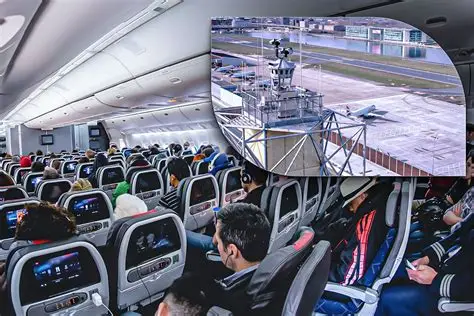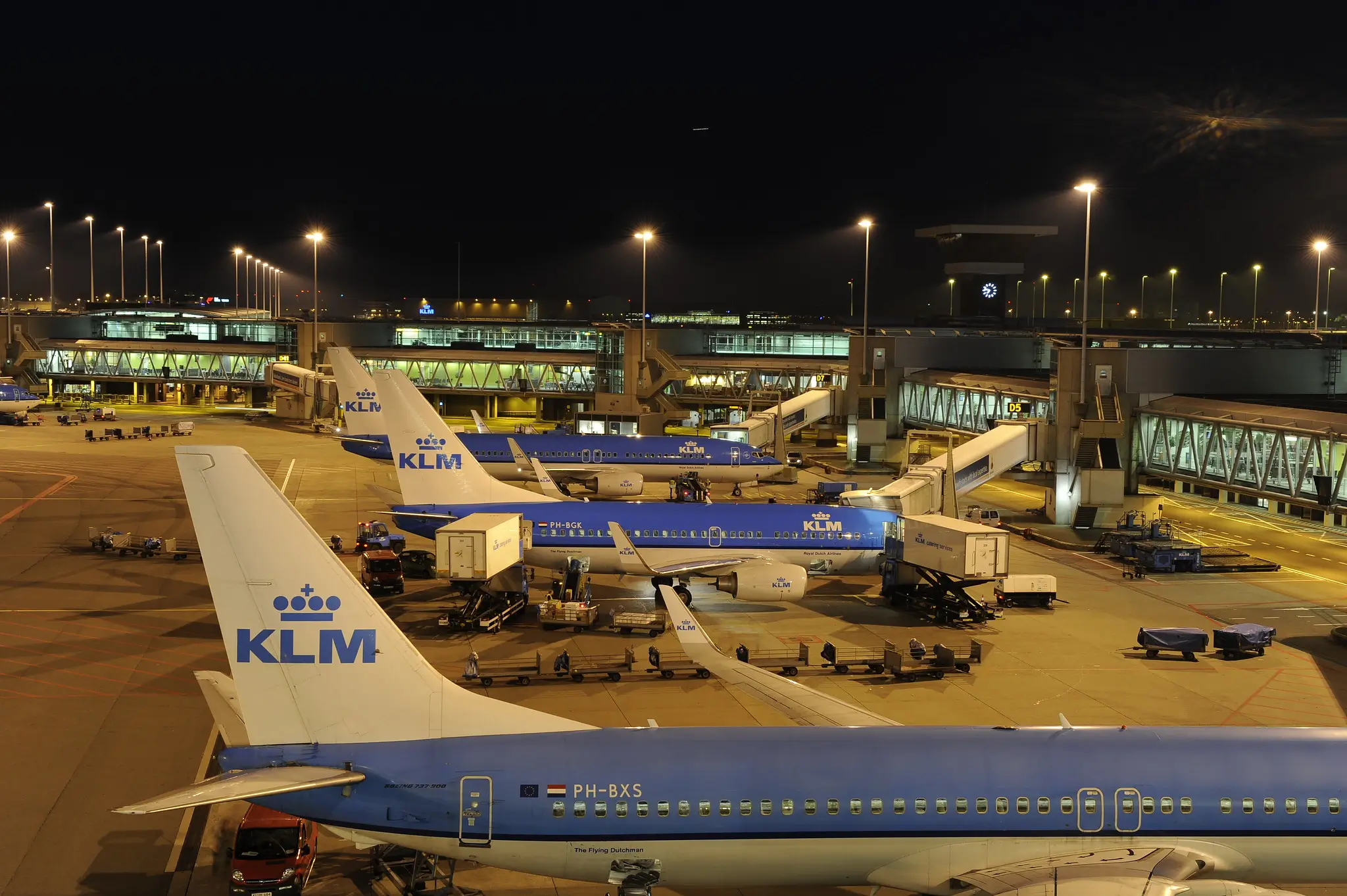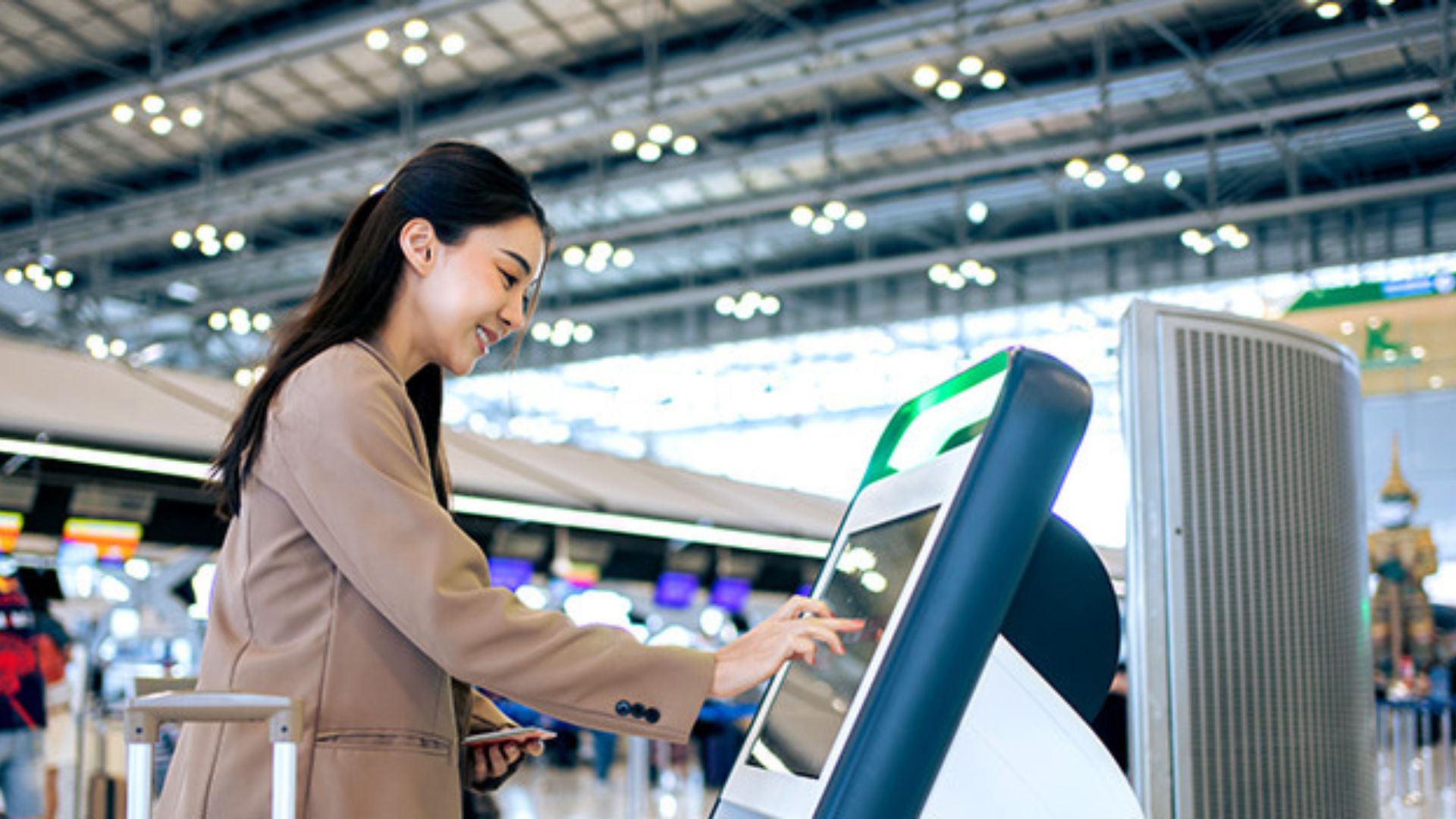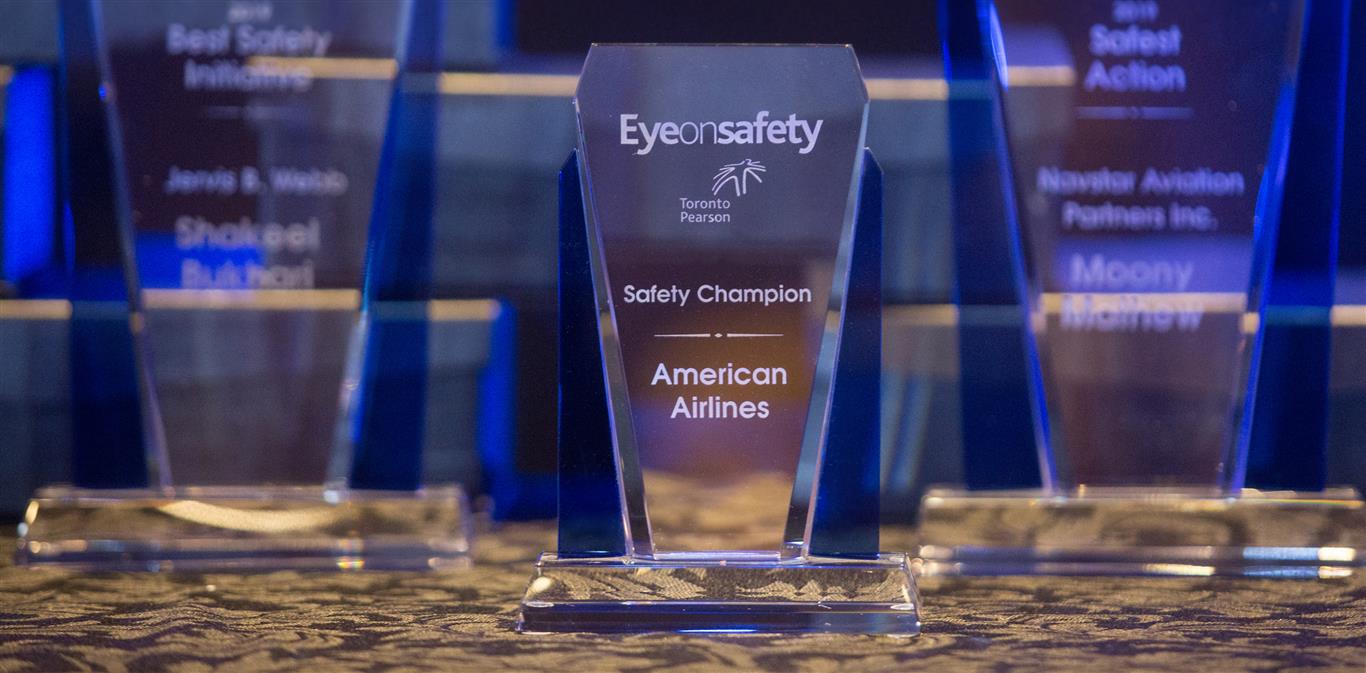Jet lag is a common challenge for travelers crossing multiple time zones. It disrupts your body’s internal clock, causing fatigue, irritability, and difficulty concentrating. Flight attendants, seasoned travelers themselves, have developed practical strategies to minimize jet lag and stay energized. Here are their top tips to help you beat jet lag and enjoy your trip from touchdown to takeoff.
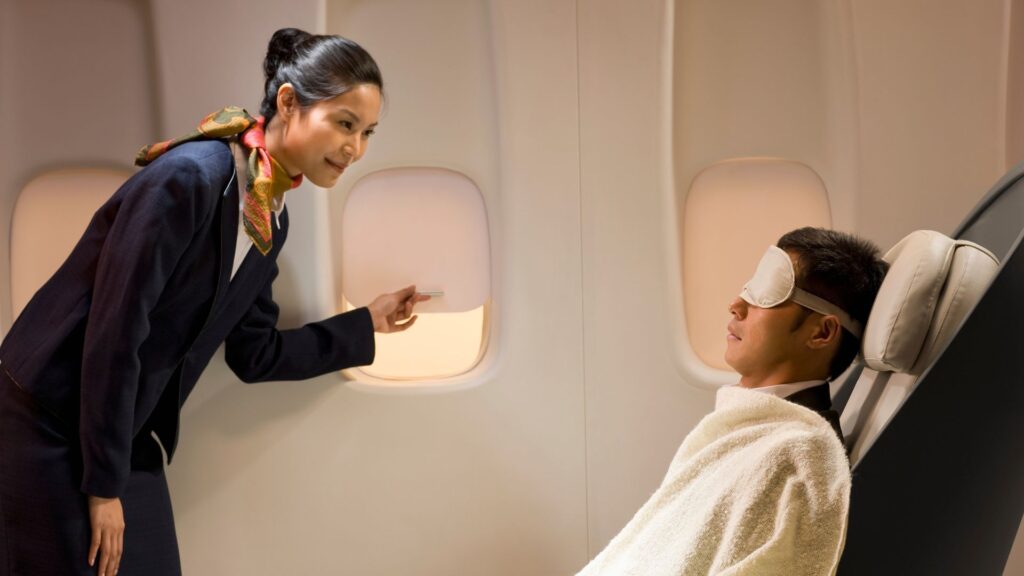
Adjust Your Schedule Before Departure
Flight attendants recommend gradually shifting your sleep and meal times a few days before departure to align better with your destination’s time zone. For example:
-
Go to bed an hour earlier or later each night, depending on the direction of travel
-
Adjust meal times to mimic those at your destination
This helps your body start adapting in advance, reducing the shock of sudden time changes.
Stay Hydrated Throughout the Flight
Airplane cabins are notoriously dry, often with humidity levels below 20%. Dehydration worsens jet lag symptoms such as headaches and fatigue. Flight attendants advise:
-
Drinking plenty of water before and during the flight
-
Avoiding excessive alcohol and caffeine, which dehydrate the body
-
Using a moisturizing lip balm and skin cream to combat dryness
Staying hydrated supports your body’s natural rhythms and helps you feel more alert upon arrival.
Move and Stretch Regularly
Long periods of sitting can cause stiffness and sluggishness. Flight attendants emphasize:
-
Walking up and down the aisle every hour or so
-
Doing simple stretches in your seat—neck rolls, ankle circles, and shoulder shrugs
-
Performing deep breathing exercises to increase oxygen flow
These activities improve circulation, reduce swelling, and keep energy levels up during the flight.
Use Sleep Aids Wisely
Catching quality sleep on the plane is essential to reduce jet lag. Flight attendants suggest:
-
Bringing a travel pillow, eye mask, and noise-cancelling headphones or earplugs
-
Using melatonin supplements or mild sleep aids cautiously, and only if you’ve tried them before
-
Sleeping according to your destination’s nighttime, if possible
Resting well on the flight eases your transition into the new time zone.
Seek Natural Light on Arrival
Exposure to natural daylight helps reset your internal clock. Flight attendants recommend:
-
Spending time outdoors soon after landing, especially in the morning
-
Avoiding naps longer than 20-30 minutes during the first day
-
Using sunglasses selectively to manage light exposure
Sunlight triggers hormones that regulate sleep-wake cycles, helping your body adjust faster.
Eat Light and Balanced Meals
Heavy or rich foods can disrupt digestion and energy levels. Flight attendants advise:
-
Eating lighter meals before and after the flight
-
Choosing nutritious foods rich in protein, fruits, and vegetables
-
Avoiding excessive sugar and processed snacks
Good nutrition supports overall well-being and reduces jet lag fatigue.
Practice Relaxation Techniques
Stress can amplify jet lag symptoms. Flight attendants often use relaxation methods such as:
-
Deep breathing or meditation apps
-
Progressive muscle relaxation
-
Listening to calming music or guided imagery
These techniques lower cortisol levels, improve sleep quality, and help you feel more balanced.
Conclusion
Flight attendants have mastered the art of managing jet lag through a combination of preparation, hydration, movement, and rest. By adopting their tried-and-true tips, you can minimize the effects of jet lag and enjoy your travels with more energy and comfort.
Next time you fly across time zones, remember these practical strategies to help your body adjust and make the most of your trip.


